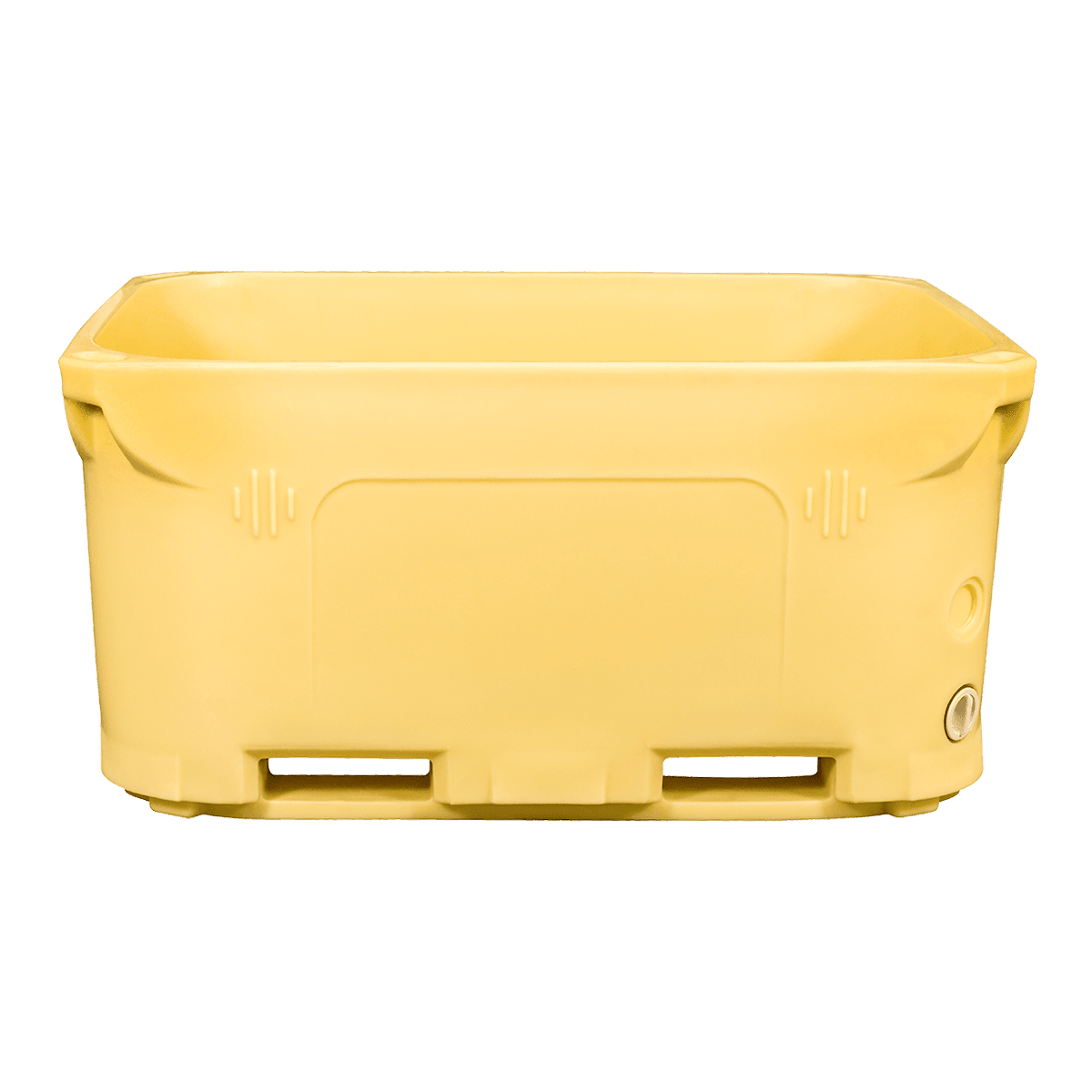Workshop and Warehouse Use Cold-chain Containers often utilize cold-chain containers for the storage and transportation of temperature-sensitive goods. Cold-chain containers, also known as refrigerated containers or reefers, are specially designed to maintain a controlled temperature environment to preserve the quality and integrity of perishable items.
Here are some key points regarding the use of cold-chain containers in workshops and warehouses:
1.Temperature Control: Cold-chain containers have built-in refrigeration systems that allow precise temperature control. They can maintain a wide range of temperatures, including freezing temperatures for products like frozen food or pharmaceuticals.
2.Product Storage: These containers provide a controlled environment for storing perishable goods, such as fresh produce, dairy products, meats, vaccines, and pharmaceuticals. They help maintain the required temperature and humidity levels to prevent spoilage, bacterial growth, or degradation.
3.Transportation: Cold-chain containers are often used for transporting temperature-sensitive items from one location to another. They are commonly employed in the logistics and supply chain industry to ensure that goods are delivered in optimal condition.
4.Monitoring and Data Logging: Many modern cold-chain containers are equipped with advanced monitoring systems. These systems allow real-time monitoring of temperature, humidity, and other environmental conditions inside the container. Data logging features record and store this information, which can be useful for quality control and compliance purposes.
5.Insulation and Ventilation: Cold-chain containers are designed with insulation materials to minimize temperature fluctuations and prevent heat exchange with the external environment. They also have ventilation systems to ensure proper airflow and circulation within the container.
6.Power Source: Cold-chain containers require a power source to operate the refrigeration system. They are often equipped with built-in generators or can be connected to an external power supply. This ensures continuous cooling during transportation or while stored in a workshop or warehouse.
7.Compliance and Regulations: When handling perishable goods, it is essential to comply with specific regulations and standards, such as Good Distribution Practice (GDP) or Hazard Analysis and Critical Control Points (HACCP). Cold-chain containers can assist in meeting these requirements by providing a controlled environment and maintaining the necessary documentation for regulatory compliance.
F-1000L Insulated Pallet Workshop And Warehouse Use Cold-chain Containers

F-1000L Insulated Pallet Workshop And Warehouse Use Cold-chain Containers

The Wanma 1000L insulated plastic container is a classic container in the Wanma portfolio and remains to this day one of our most popular models. It is particularly well suited for handling of fresh fish and for long term storage for brining.
This 1000L is double-walled with a PUR core and a high insulation factor. It is frequently used to handle salted fish and is commonly used to handle raw materials like salt and ice. It is also equipped with strong ,dependable hoisting grips and is compatible for use with fork lift and pallet jack on short sides.


 English
English Español
Español عربى
عربى 中文简体
中文简体
-4.png?imageView2/2/format/jp2)
-4.png?imageView2/2/format/jp2)
-2.png?imageView2/2/format/jp2)

-2.png?imageView2/2/format/jp2)
-2.png?imageView2/2/format/jp2)




